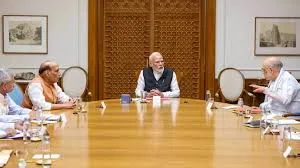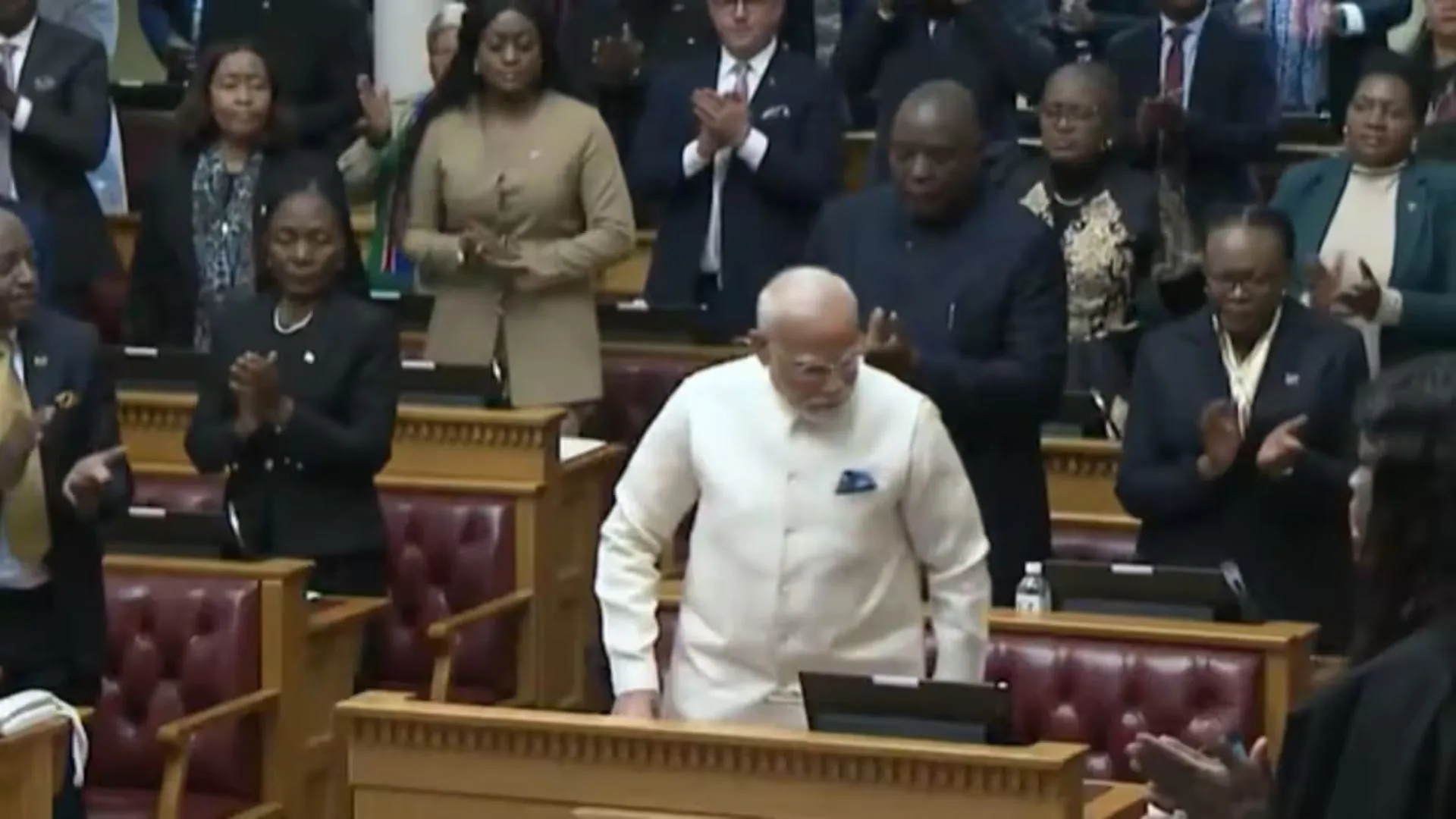New Delhi: In a significant diplomatic move, the Indian government has suspended the Indus Waters Treaty of 1960 with Pakistan following the deadly terror attack in Pahalgam, Jammu and Kashmir, which claimed the lives of 26 people, mostly tourists.
The decision was announced after an urgent meeting of the Cabinet Committee on Security, chaired by Prime Minister Narendra Modi. The government accused Pakistan of continuing to harbour and support cross-border terrorism, including its role in the latest attack linked to The Resistance Front (TRF), an affiliate of Lashkar-e-Taiba (LeT).
“The Indus Waters Treaty will be held in abeyance with immediate effect, until Pakistan credibly and irrevocably abjures its support for cross-border terrorism,” said Foreign Secretary Vikram Misri.
What Is the Indus Waters Treaty?
Signed in 1960, the Indus Waters Treaty was brokered by the World Bank and is considered one of the most successful water-sharing agreements in the world. It governs the use of the Indus River and its five tributaries — Ravi, Beas, Sutlej, Chenab, and Jhelum — between India and Pakistan.
- Eastern Rivers: (Ravi, Beas, Sutlej) allocated to India for unrestricted use.
- Western Rivers: (Indus, Chenab, Jhelum) allocated to Pakistan, with limited usage rights for India (e.g., hydroelectricity, domestic use).
It also established a Permanent Indus Commission, with one commissioner from each country, to handle questions, resolve differences, and manage water-sharing communication.
Why the Suspension Matters
The Indus River system is a lifeline for agriculture and drinking water in Pakistan. With climate change already shrinking glacial sources, any interruption in water flow can have serious consequences for Pakistan’s water security and food supply.
India’s move sends a strong message, leveraging water diplomacy as a tool to pressurize Pakistan over its inaction on terrorism.
India’s Push for Treaty Review
India had already formally notified Pakistan in August 2024 of its intent to review the treaty under Article XII (3), citing changes in regional demographics and environmental realities.
India also criticized Pakistan’s handling of disputes over projects like Kishanganga and Ratle, where Islamabad invoked both the Neutral Expert and the Permanent Court of Arbitration, risking conflicting rulings.
India maintains that issues should be resolved through the graded mechanism outlined in the treaty instead of parallel dispute channels.
What’s Next?
While the World Bank has a limited procedural role, the suspension marks a serious escalation in India-Pakistan relations. The ball is now in Pakistan’s court to take tangible steps against terror groups if it hopes to restore dialogue on shared resources.
This development turns a page in South Asia’s water diplomacy and signals a no-tolerance policy towards terrorism from the Indian side.





















